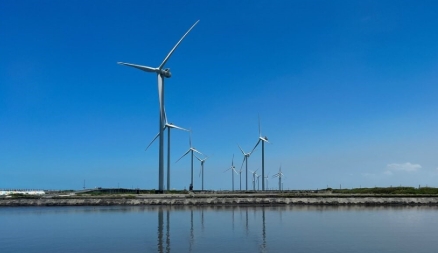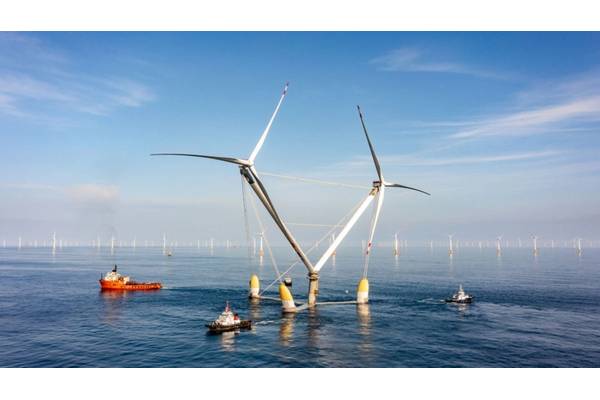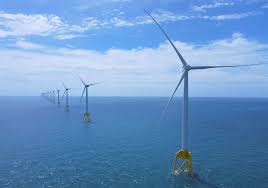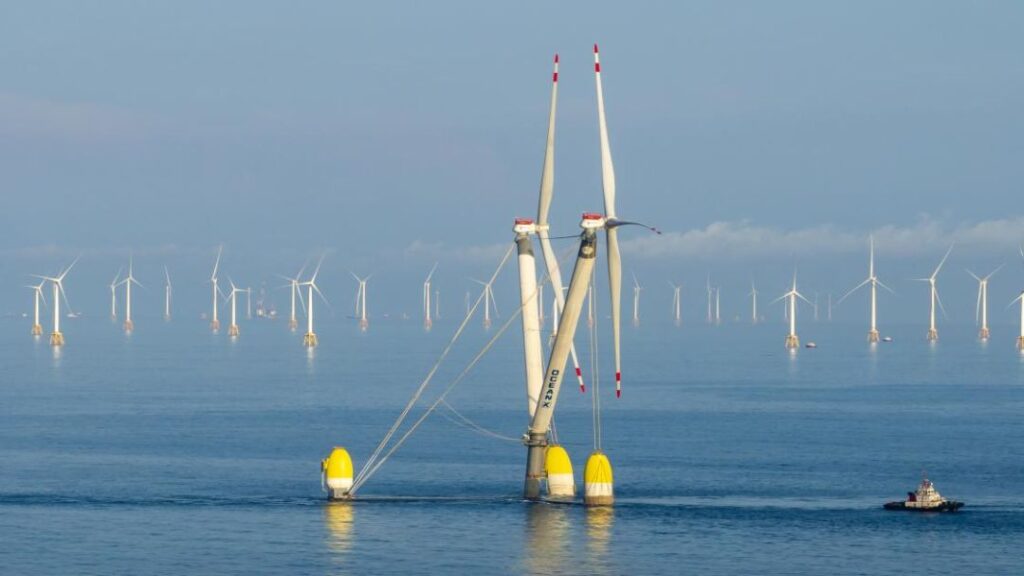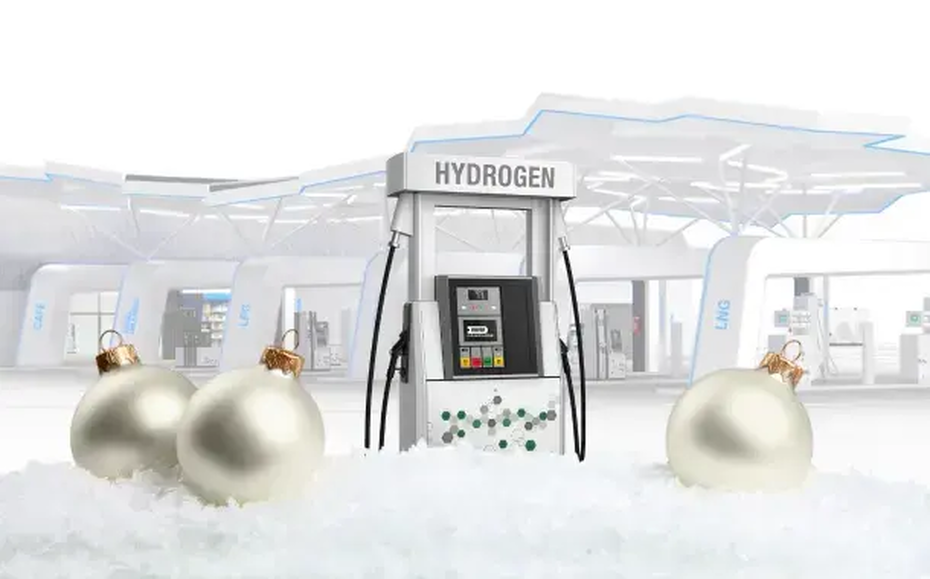
Switch to Hydrogen Vehicles
Cedric Herbreteau, Director, Clean Energy at Dover Fueling Solutions® (DFS), says :
Hydrogen-powered vehicles represent a crucial step towards sustainable holiday travel,
“The technology offers a unique combination of zero emissions and practical usability that makes it particularly suitable for seasonal journeys.”
Currently operational in various settings, from public transport to waste collection vehicles in places like La Roche-sur-Yon, France – hydrogen fuel cell vehicles (FCEVs) are demonstrating their real-world capability.
Are Hydrogen Vehicles Set to Gain Popularity This Christmas?
Market research suggests growing enthusiasm for hydrogen-powered transport, with more than one in three drivers indicating they would choose hydrogen for their next company car. Notably, 22% of these would consider hydrogen exclusively.
This emerging preference, however, hinges on the development of adequate refuelling infrastructure. The chicken-and-egg situation persists: should hydrogen vehicles launch before comprehensive infrastructure, or should the refuelling network precede widespread adoption?
Hydrogen-Powered Holiday Road Trips: What You Need to Know
The UK currently offers two hydrogen-powered vehicle options: the Toyota Mirai and the Hyundai Nexo SUV. Supporting these vehicles are 16 hydrogen refuelling stations (HRS) nationwide, though only six are publicly accessible.
Key locations include Aberdeen City Hydrogen Energy Storage, Tyseley Energy Park in Birmingham, and Hatton Cross in London. One significant advantage of hydrogen vehicles is their rapid refuelling time Refuelling a hydrogen car takes around five minutes for a full tank (approximately 5 kilograms of fuel), making it quick and convenient for drivers.
The Future of Holiday Travel: Hydrogen Vehicles
The potential for hydrogen fuel cell vehicles extends beyond personal transport. These vehicles show particular promise in sectors requiring quick refuelling and extended range, such as heavy-duty trucks and buses.
The technology’s primary advantage lies in its environmental impact – producing only water while driving – and its practical benefits, including range capabilities matching conventional vehicles and swift refuelling times.
Challenges of Hydrogen Vehicles During the Holiday Season
The UK’s hydrogen infrastructure remains in its early stages, with 16 operational stations primarily concentrated in the Southeast. This network, though limited, is growing through various planned expansion projects.
The European context provides encouraging precedent, with 187 operational and publicly accessible stations across the continent. Germany leads with 86 stations, followed by France (27) and the Netherlands (24). However, operational challenges persist, particularly regarding low-temperature refuelling and maintaining minimum fuel levels.
Is H2 a Good Option When Driving Home for Christmas?
As we embrace the festive season with its traditional excesses in consumption and celebration, the environmental impact of our holiday activities becomes increasingly apparent. Hydrogen vehicles offer a promising solution to reduce our seasonal carbon footprint while maintaining the convenience and reliability we expect from our holiday travel. While infrastructure development continues and some technical challenges remain, the growing acceptance of hydrogen technology suggests a greener future for our Christmas journeys.
Cedric Herbreteau, notes :
The holiday season provides an ideal opportunity to demonstrate the practical benefits of hydrogen vehicles,
“As infrastructure expands and technology advances, we’re seeing hydrogen emerge as a viable option for sustainable festive travel.”
The transition to hydrogen-powered vehicles represents more than just a technological shift – it offers a practical way to maintain our cherished holiday traditions while reducing their environmental impact. As we look towards future Christmases, hydrogen vehicles could play an increasingly important role in making our seasonal journeys both joyful and sustainable.
